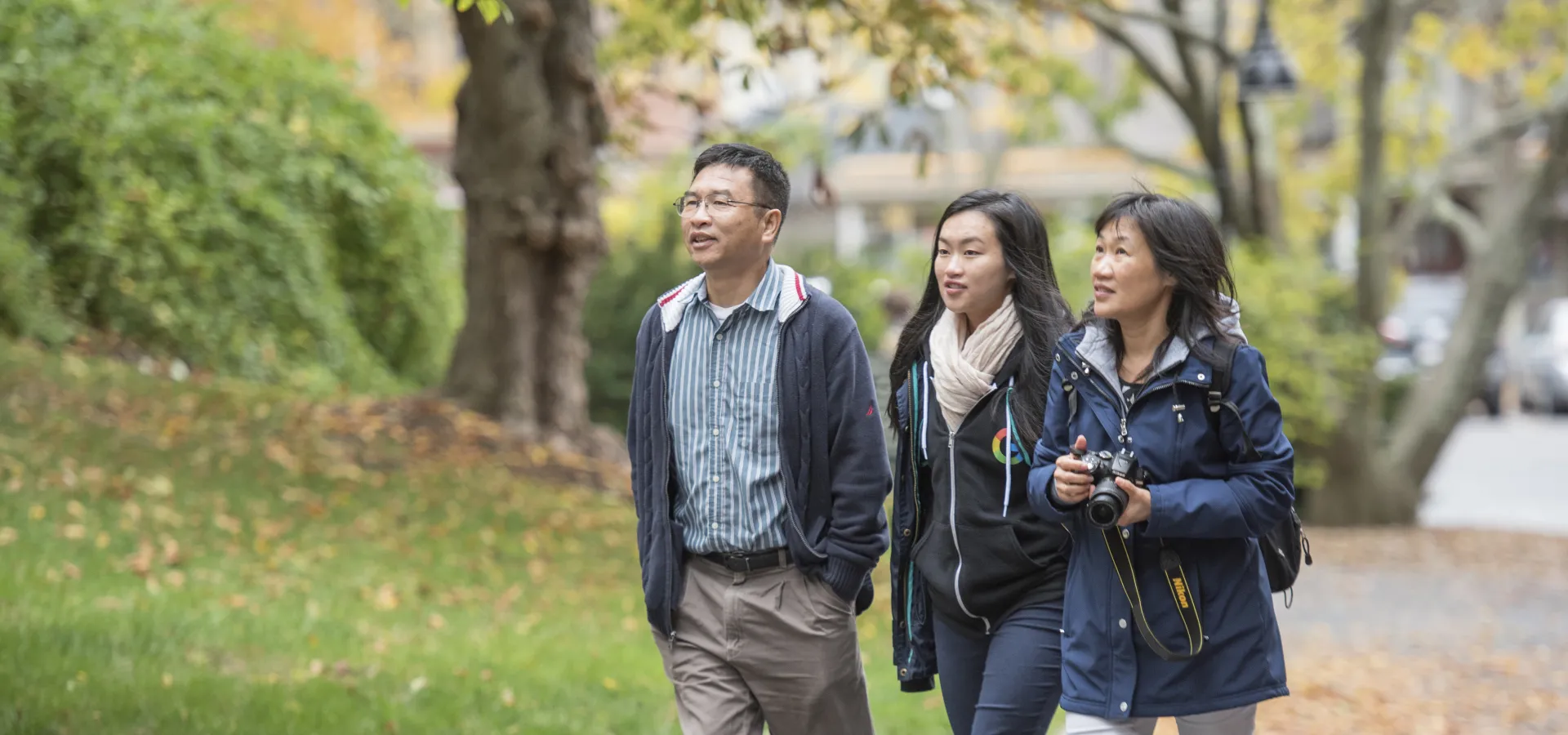Family Handbook

We are very pleased that your student has made the decision to attend Smith College. We believe that Smith offers a wonderful opportunity for learning and engagement. We hope this handbook can help you find answers to your questions as you embark on the journey of being the parent of a college student.
Family Support for Students
In your student’s first year of college, they will pursue new interests, begin to evaluate ideas and beliefs and question or challenge the values you hold dear. Often, the changes experienced by first-year students occur quickly as new relationships are made, competence in new areas is gained and independence grows. Your understanding and availability are vital to this process. Maintaining a supportive relationship with them can be critical to success in college, particularly during the first year.
Your student should learn who to contact when questions or concerns arise about their college experience, including class deans, academic advisers, financial aid officers and residence life staff. Please review the referral guide below. With your help, your student will learn how to handle difficult decisions—one of the most critical skills learned during the college years.